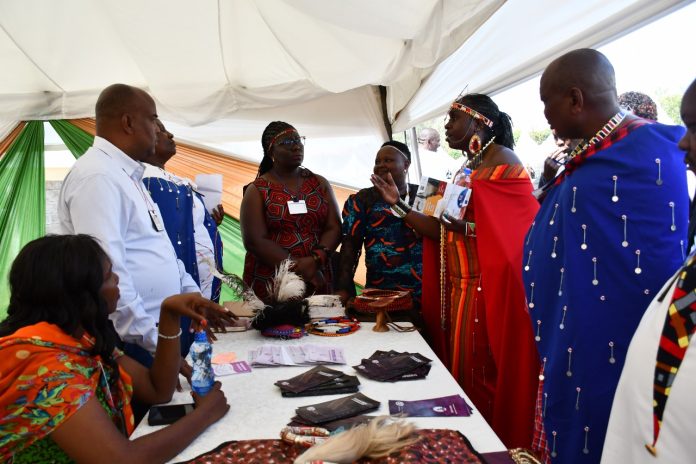Before the colonial period, Kenya had its own justice system that was governed by a council of elders. Traditional communities embraced their cultures and they observed the rules and cultural principles that governed the society.
Disputes and conflicts existed between individuals, families and clans and all the communities developed traditional, practical and useful ways of resolving their disagreements. The traditional era of settling disputes involved bringing the adversaries in the conflict to a meeting usually in the compound of the families or clan heads.
The traditional dispute resolution mechanisms embraced restorative values in resolving conflicts and disputes. The restorative form of justice always promoted peace, order and harmony amongst the people. The elders and chiefs were the main arbiters. The arbiter invited the parties involved to a public hearing, they listened to them and addressed their issues.
Most societies used customary reparation as a way of resolving their disputes. The traditional remedies compassed compensation, restoration, restitution and rehabilitation. This is the system that the people understood and applied to their satisfaction.
Today, there are over 78% Justice seekers in Kenya who still use alternative justice system mechanisms and the judiciary of Kenya is working towards empowering these people to access justice.
The Chief Justice, Lady Justice Martha Koome, recognizes that there is healing and power when people resolve their own disputes. The Chief Justice’s leadership continues to demonstrate a commitment to multiple door mechanisms for access to justice that accelerate people -centered justice through the expansion of justice stakeholders.
As the times become more uncertain, assured access to justice remains a modicum of hope that we can cling to and make our societies more peaceful and more cohesive. A society is civilized if it respects the rule of law and also ensures there is justice for every citizen and justice is not necessarily just going to court. Justice should be available in our villages and within the communities.
Justice is both a process and an outcome and alternative Justice System restores families.


